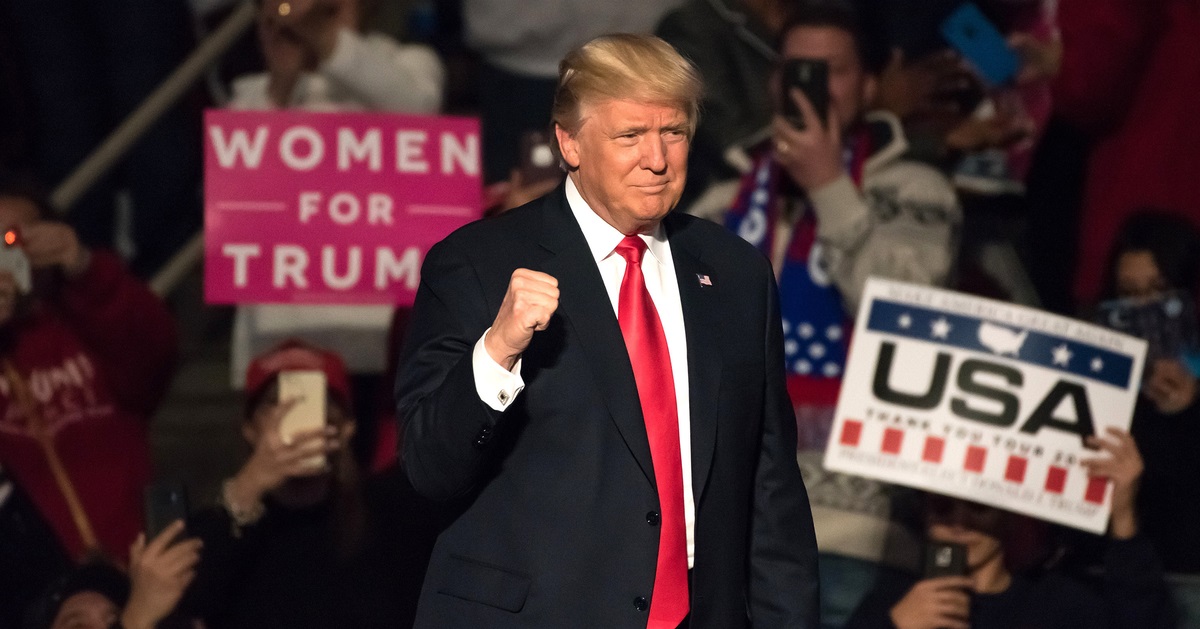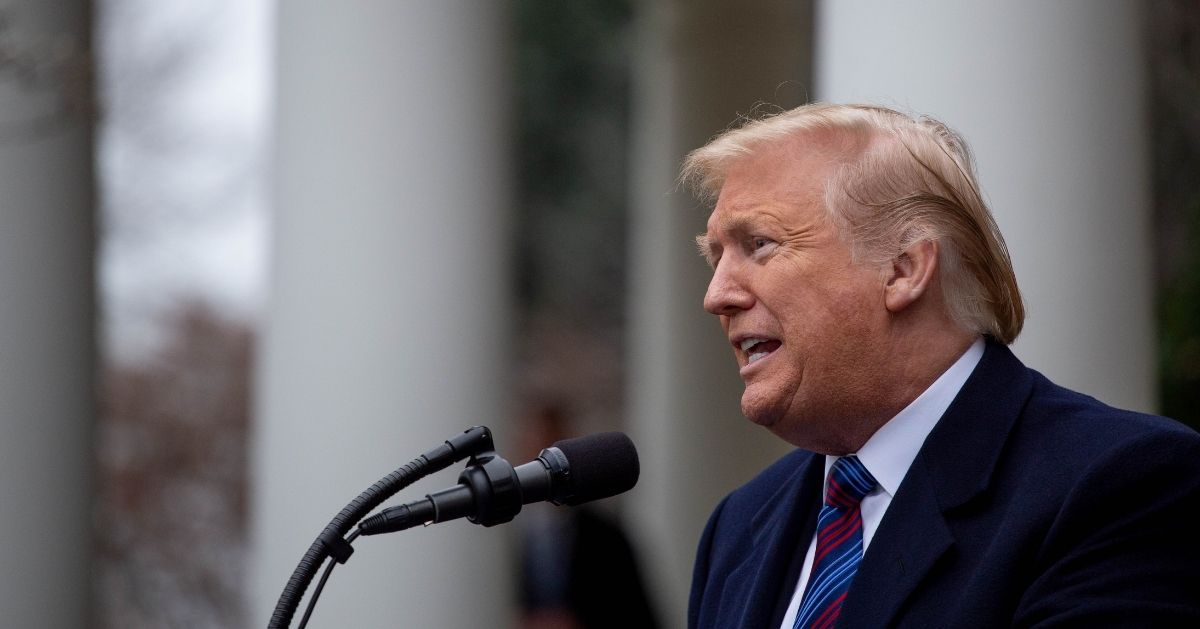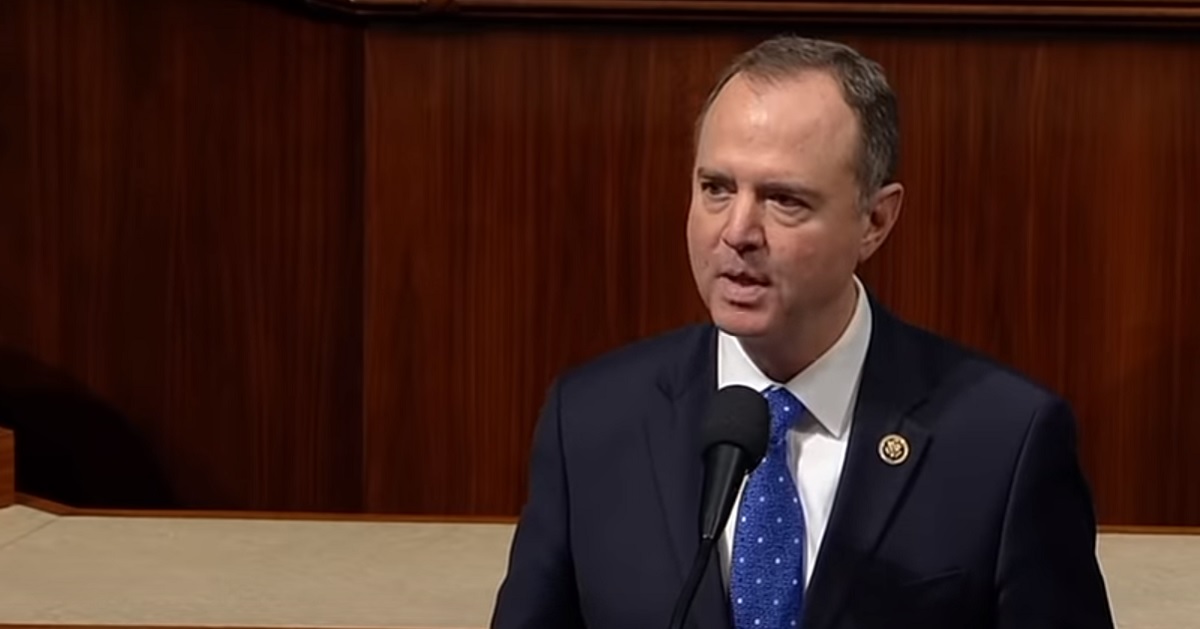Senate Republicans Gear Up to Break Schumer's Hold on Trump Nominees with Nuclear Tactic
Senate Republicans, tired of the endless procedural knots tied by Democrats, stand ready to unleash a rules overhaul that could finally free President Donald Trump's stalled nominees from limbo, Fox News reported.
Senate Majority Leader John Thune plans to invoke the nuclear option for en bloc confirmations of lower-level executive branch picks, aiming to clear a backlog of more than 100 civilian nominees delayed by Minority Leader Chuck Schumer's tactics before the Senate recesses on Sept. 19.
This push comes after Schumer directed Democrats to oppose all Trump nominees from the start of the presidency, creating historic delays unmatched since Herbert Hoover's era.
Origins of the Democratic Blockade
Only Secretary of State Marco Rubio has slipped through without a filibuster, highlighting how Schumer's strategy has ground the process to a near halt.
Trump himself spotlighted this break from Senate norms on Truth Social, noting the Democrats' unprecedented resistance. "The Democrats have gone CRAZY," Trump posted, a sentiment that underscores the frustration building on the Republican side without descending into chaos.
Trump's Frustration and Historical Context
Yet, in a system designed for deliberation, such blanket opposition feels more like a partisan roadblock than principled oversight, politely ignoring the need for a functioning government. Thune, sensing the impasse, issued a warning in July about potential rules reforms if the delays persisted, setting the stage for action.
By August, he assembled a working group to tackle the backlog, including Senators Katie Britt, James Lankford, Ron Johnson, Eric Schmitt and Ted Budd. This group's proposal draws inspiration from a 2023 idea by Senator Amy Klobuchar but expands it significantly for broader impact.
The reform targets simultaneous confirmations for lower-level roles, excluding judges and Cabinet positions to keep the focus narrow. It may also avoid mixing nominees from different committees, ensuring the change remains targeted rather than a wholesale rewrite.
Republicans argue this Democratic blockade is simply unsustainable, pointing to the low confirmation tally for the Trump administration so far. Projections show that by the end of the 119th Congress, only 426 nominees might be confirmed, far below averages since 2000 and the lowest in history.
Senator Katie Britt emphasized this stark reality: "By the end of the 119th Congress (1/2/2027), the Senate is on track to confirm just 426 nominees, the fewest in history, and less than half of what other Presidents have averaged since 2000."
Projections Highlight Confirmation Crisis
Britt's figures reveal a process bogged down by what conservatives see as needless obstruction, though one must acknowledge Democrats' right to scrutinize picks—even if it borders on overkill. Thune has highlighted how these tactics demand 600 extra roll call votes, turning routine approvals into marathon sessions that drain Senate resources.
"We have never seen a time where the opposition party has literally blocked and forced the president and his team and us here as the majority in the Senate to go through all the machinations of trying to get a nominee across the finish line," Thune stated. "So this is of the Democrats’ making."
Thune Blames Democrats for the Impasse
Thune's words carry a gentle rebuke, reminding us that while bipartisanship is ideal, one-sided delays force creative solutions without vilifying the other party. The nuclear option isn't new; former leaders Harry Reid and Mitch McConnell deployed it previously to streamline confirmations amid similar gridlock.
Republicans view this as a necessary reset, echoing past reforms to prevent the Senate from becoming a perpetual bottleneck for executive staffing.






